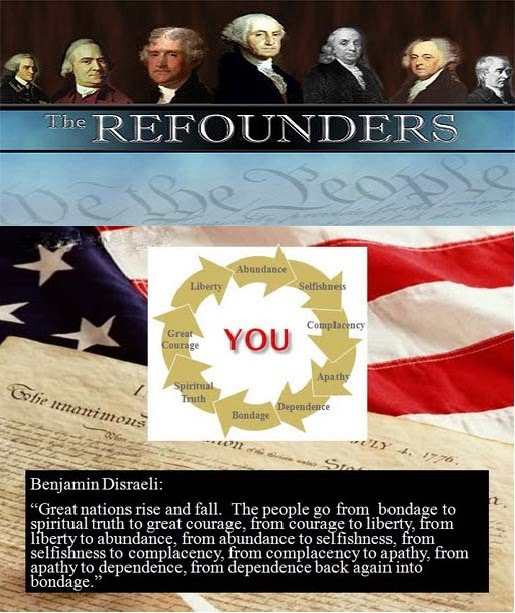White House Communications Director Anita Dunn is seen in a video from January talking about how the Obama campaign exercised absolute "control" over media coverage.
The Obama campaign's press strategy leading up to his election last November focused on "making" the media cover what the campaign wanted and on exercising absolute "control" over coverage, White House Communications Director Anita Dunn told an overseas crowd early this year.
In a video of the event, Dunn is seen describing in detail the media strategy used by then-Sen. Barack Obama's highly disciplined presidential campaign. The video is footage from a Jan. 12 forum hosted by the Global Foundation for Democracy and Development in the Dominican Republic.
"Very rarely did we communicate through the press anything that we didn't absolutely control," Dunn said, admitting that the strategy "did not always make us popular in the press."
The video drew attention after Dunn kicked off a war of words with Fox News last Sunday, calling the network "opinion journalism masquerading as news." The White House stopped providing guests to "Fox News Sunday" in August after host Chris Wallace fact-checked controversial assertions made by Tammy Duckworth, assistant secretary of the Department of Veterans Affairs.
Dunn complained about the fact-checking last Sunday. In the January forum, she provided details about the lengths to which the Obama campaign went to control the media message.
She explained that the campaign favored live interviews so that Obama's words could not be edited -- "so that what the voters heard we determined, as opposed to some editor in a TV station."
She said Campaign Manager David Plouffe put out Web videos so the campaign could avoid talking to reporters and focus the media message.
"Whether it was a David Plouffe video or an Obama speech, a huge part of our press strategy was focused on making the media cover what Obama was actually saying as opposed to why the campaign was saying it," she said. "One of the reasons we did so many of the David Plouffe videos was not just for our supporters, but also because it was a way for us to get our message out without having to actually talk to reporters. ... We just put that out there and made them write what Plouffe had said as opposed to Plouffe doing an interview with a reporter. So it was very much we controlled it as opposed to the press controlled it."



0 Comments:
Post a Comment